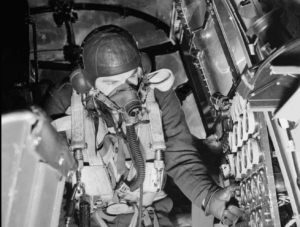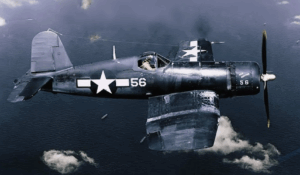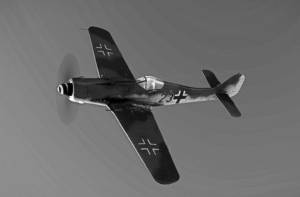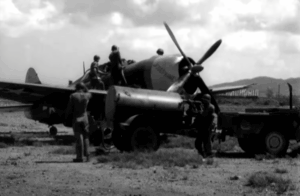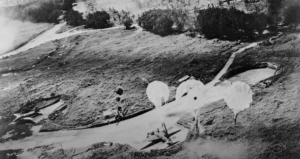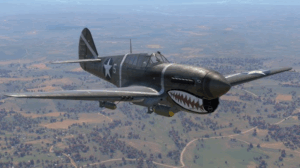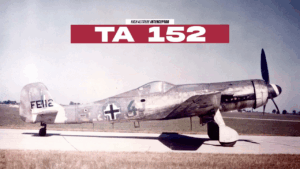The Insane Pilot Who Nursed His Mosquito Home

https://www.youtube.com/watch?v=roHu8fgaX2g
On February 21, 1944, Squadron Leader Arthur Oxlade and navigator Lt. Donald Shanks of 464 Squadron embarked on a perilous mission in their De Havilland Mosquito Mark IV, tail number MM-401.

This particular Mosquito was equipped with an experimental IFF transponder designed to make it appear as a Luftwaffe aircraft to long-range radar, making their mission even more covert.
Top Secret Mission

Their assignment was a top-secret tactical strike against V-1 flying bomb sites in Northern France, which were heavily defended.
The Mosquito, constructed mainly from wood, was one of WWII’s first aircraft to exploit its stealth properties, allowing it to evade radar by flying at low altitudes and avoiding detection.
The Plan

The flight plan aimed to minimize exposure to land masses and anti-air defenses. The goal was to conduct a precise strike on the target before making a quick exit from France.
They had only a five-minute window before enemy forces could intercept them. Upon entering France, they encountered a heavily defended site with numerous searchlights.
Tight Spot

To achieve accuracy, they needed to climb slightly from sea level to an altitude of 250 feet. As they began their ascent, a lone searchlight spotted their aircraft. Despite their attempts to evade detection, several spotlights targeted them, revealing their Mosquito against the night sky.
With just four minutes left, they faced a critical decision: abort the mission or proceed despite the overwhelming odds. Opting for the latter, they pressed on.
On Their Own
City defenses opened fire, and their plane was hit, resulting in the loss of half a wing. Despite the damage—one engine gone and no radio—the Mosquito miraculously remained in flight.

Oxlade skillfully balanced the aircraft with the remaining engine and completed their strike, destroying two large hangars of V1 flying bombs and a command center.
Heading Home
With their mission accomplished, they knew returning to their base was unlikely. Instead, they aimed for RAF Friston in East Sussex, an emergency landing site.

Remarkably, they managed to cover 30 miles over the channel and land safely, despite their aircraft’s severe damage, including a missing landing gear and only one functioning engine. The survival of the plane and its crew was a testament to their bravery and skill.















